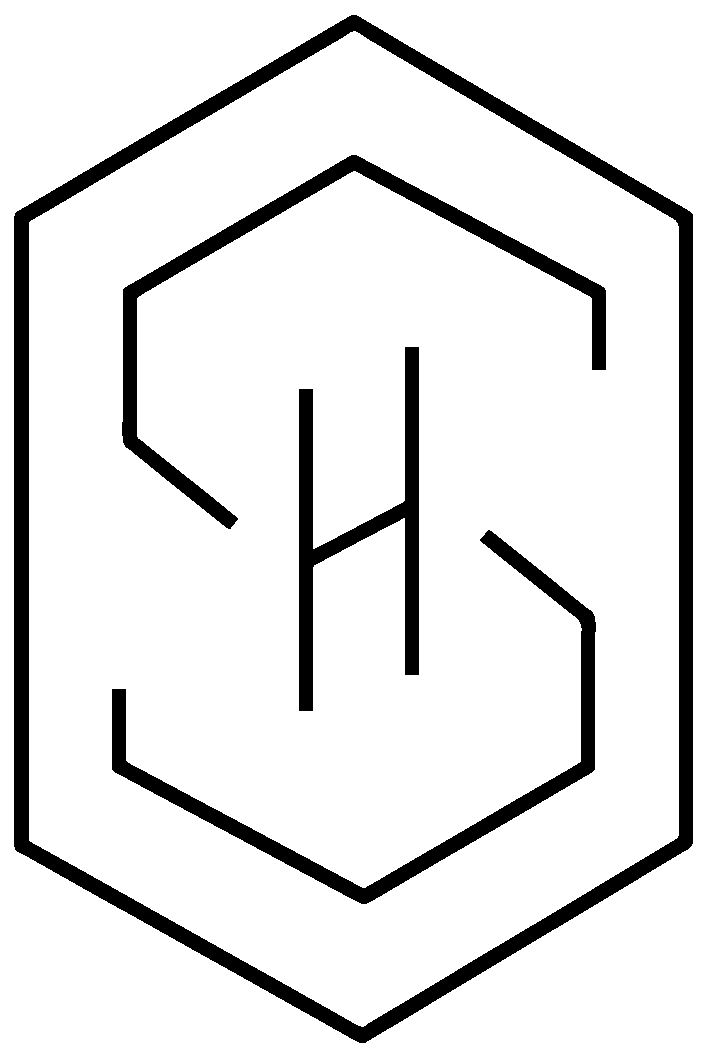Scott Hiney’s Bonafide, Amateur Election Forecast
I don’t know about you, but I’m about to enter into my first-ever election this November as a legal voter and, the choice certainly isn’t as clear as I wish it was.
I voted for Marco Rubio in the primaries and I still firmly believe he was the best candidate for someone like me –– an uber-moderate conservative who’s economically conservative and socially liberal save for a few (important) issues.
But, I don’t want to live in the past so I’ll hold off on any Rubio-lobbying until 2019.
So, where this leaves me is Hillary Clinton, Donald Trump, Gary Johnson or Jill Stein.
For a short time, I thought Johnson might be a nice choice to vote for if he could reach that coveted 15 percent and get himself on the debate stage. But,it doesn’t appear he’ll reach that mark and Stein certainly won’t.
So, now it’s Trump or Clinton.
I struggle with this. I genuinely do. Maybe it’s because I’ve never voted before so I don’t have any sort of record to reflect on, or maybe it’s because I go to school each day in a very liberal environment but grew up in a very conservative environment. I’ve had political bouts on Twitter before and I’m sure I’ll have them again.
But at the end of the day, I don’t want to vote for voting’s sake and I don’t want to not vote –– period. When you forego voting, you forego your right to critique, complain or praise.
In the words of President Obama, “don’t boo, vote.” Whether or not you agree with Obama or the Democratic party, the essential idea of complaining without taking any action to change what you find fault in is a quality in people I really don’t like and I think this is a beautiful creed to live your life by. One my favorite soccer commentators and personalities pointed this out to me.
I digress. I’m down to a choice between people that share more qualities than they do differences despite being on opposite ends of the political spectrum. Trump was groomed into the Republican party after his “Washington outsider” appeal began to grow and Clinton is as much of a member of “the establishment” as possible. These qualities have plenty of drawbacks and appeals, but as I was thinking about the election today (as I do everyday), I started to think about how, as much as we value policy, record (criminal and voting), and other tangible traits that we can follow throughout an election cycle, I’m learning that as much as anything, impression is imperative.
Think about what we constantly hear in the news –– from both spectrums: Neither side really likes Donald Trump in the sense of a presidential candidate, but they certainly like talking about him from a viewship appeal standpoint and that will only continue. The rhetoric behind him might be turning towards the positive side, however, as long as he continues to slowly change his voice on immigration policy.
Personally, I love the change he’s making because its the exact plan Rubio laid out so long ago.
But, my main concern is and has always been the language and rhetoric he uses –– specifically towards minority groups.
Turning to Hillary, she clearly has ethical misguidances, first and foremost in matters of privacy. Beyond that, there are questions surrounding her health that have recently reared themselves and caused a stir in terms of censorship.
So, between the two, frankly it can be a toss-up for the undecided –– a corner I find myself in.
So, back to the idea of impression’s importance, I think we might find ourselves at the point where it simply comes down to which candidate can alienate the fewest number of people. Here’s where I think Clinton has the edge because of her ability to capture the minority vote –– especially among Hispanics and African Americans. Trump has little-to-none of the Hispanic vote and the last Republican candidate to win the presidency was George W. Bush –– who had 44 percent of the Hispanic vote.
Currently, Trump is running near 25–30 percent within the Hispanic population as of last week. Here’s one of the polls contributing to that average.
The longer it takes for Trump to repair those relations with the Hispanic and Black voters, the less of a chance he has to overtake Hillary, even if he’s currently within striking range.
All of this to say, as complicated as elections may seem, this one might simply come down to who is going to make the most friends within the nation’s variety of demographics.
